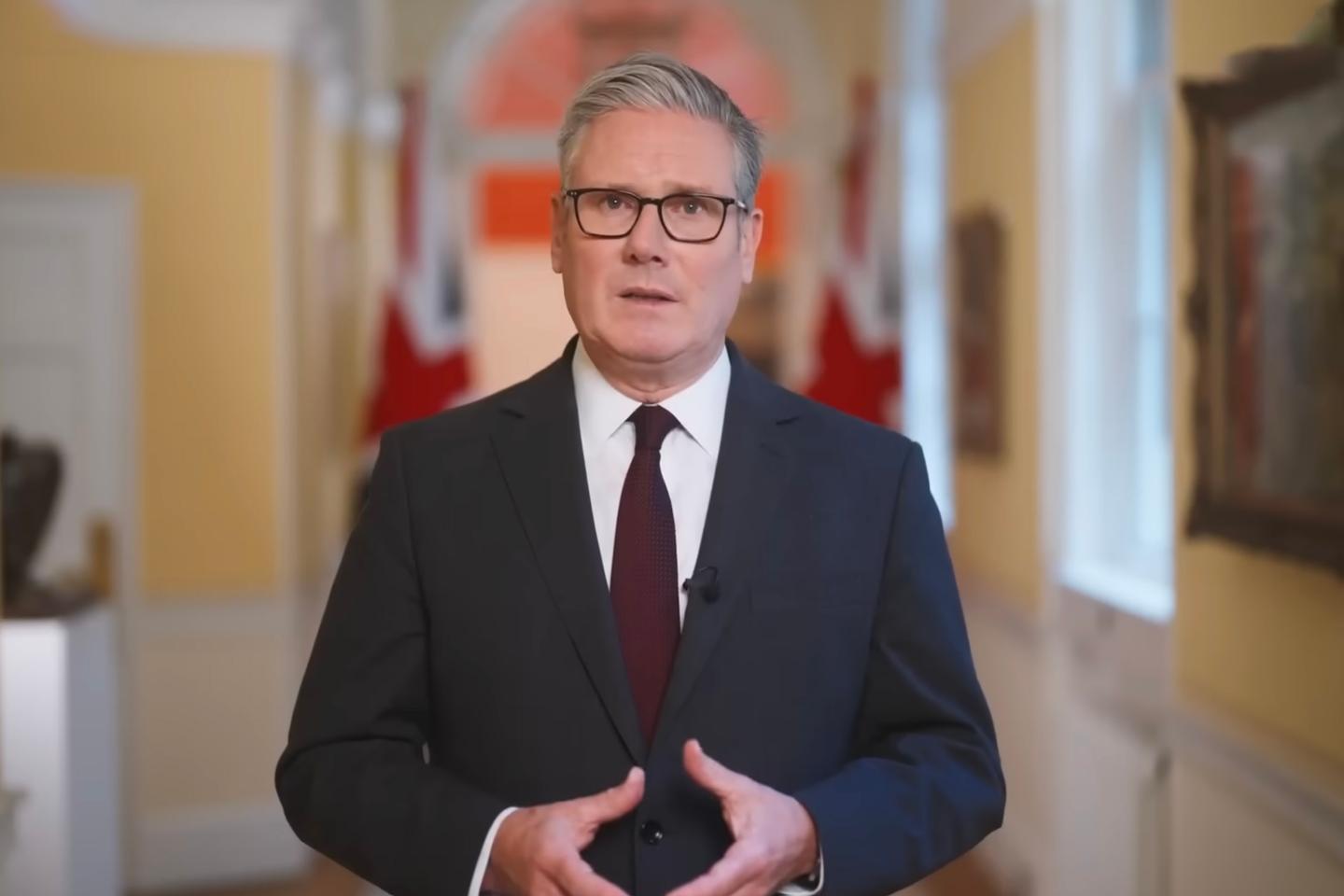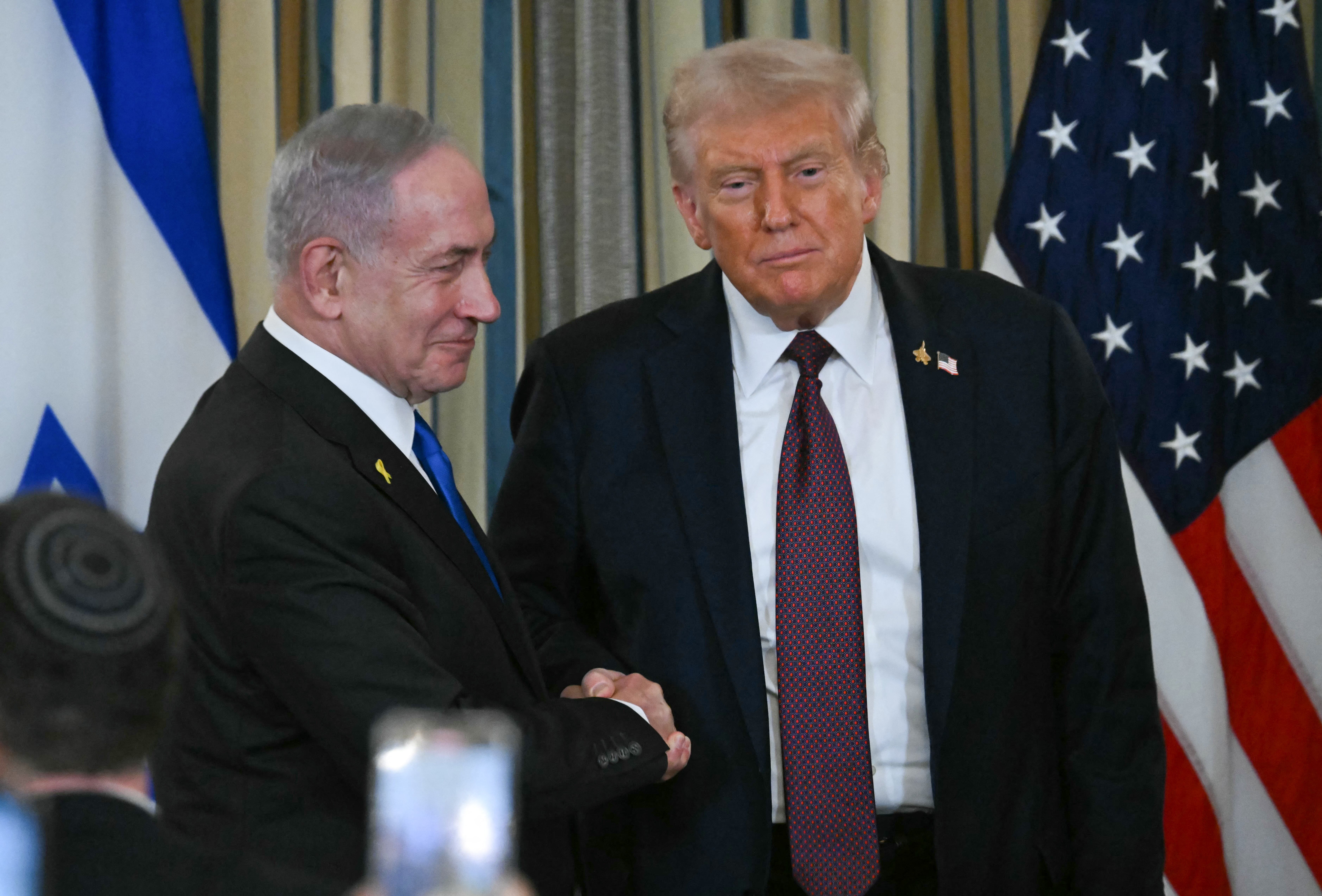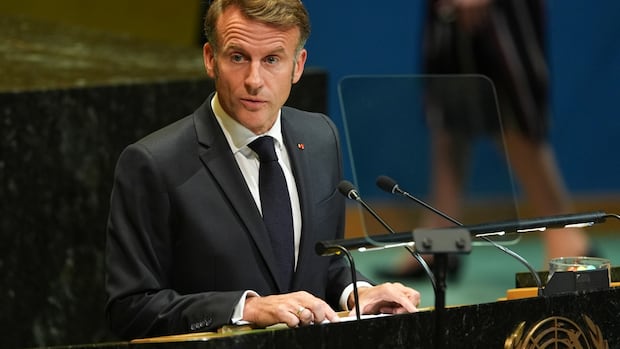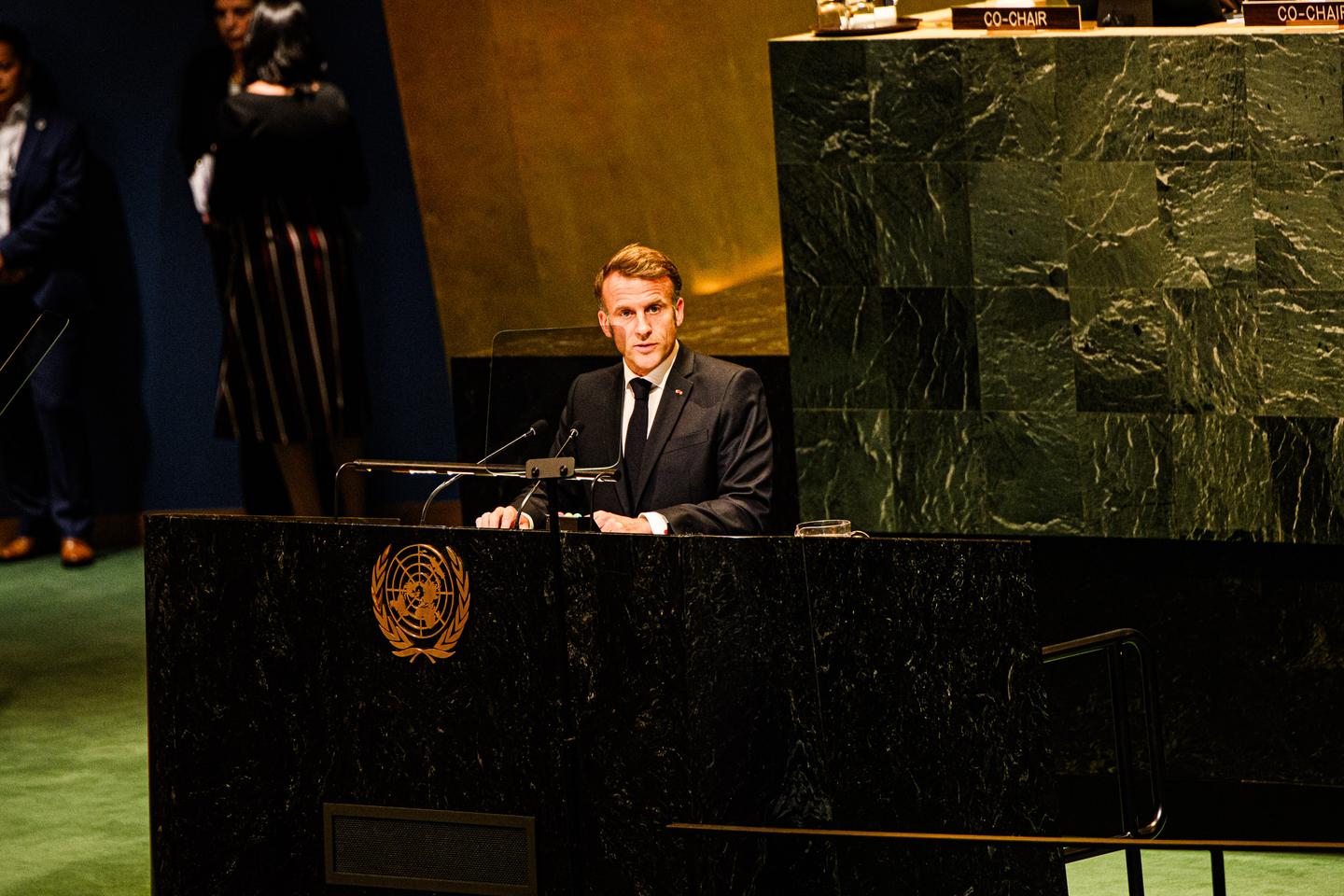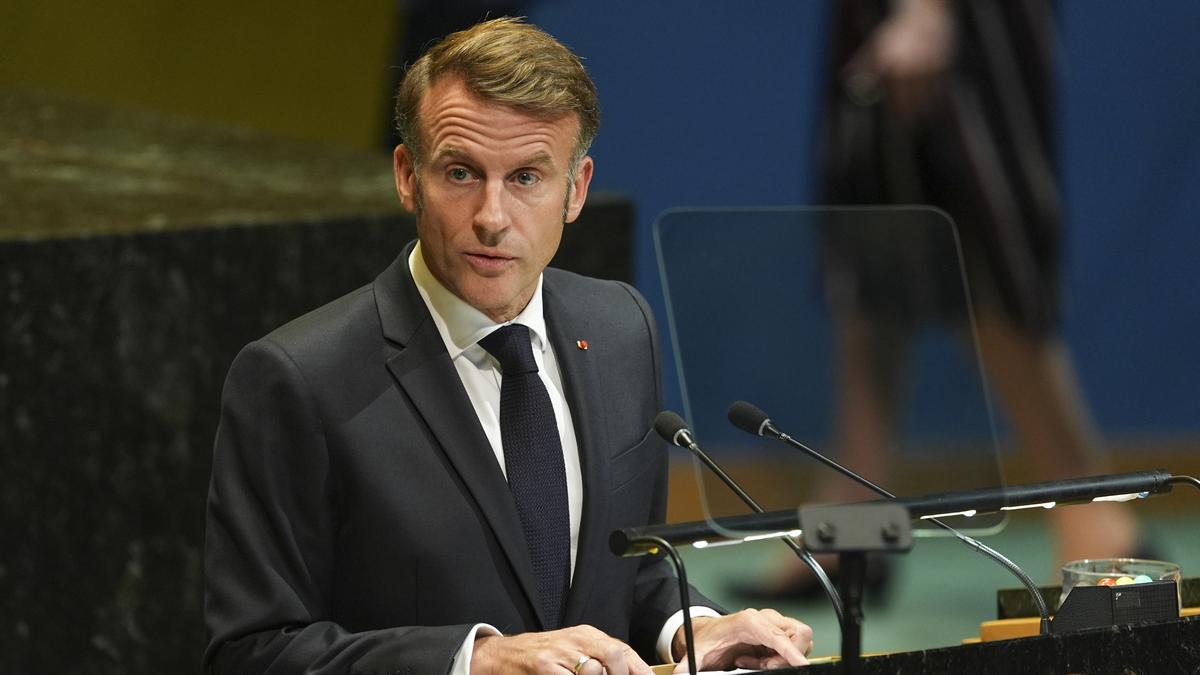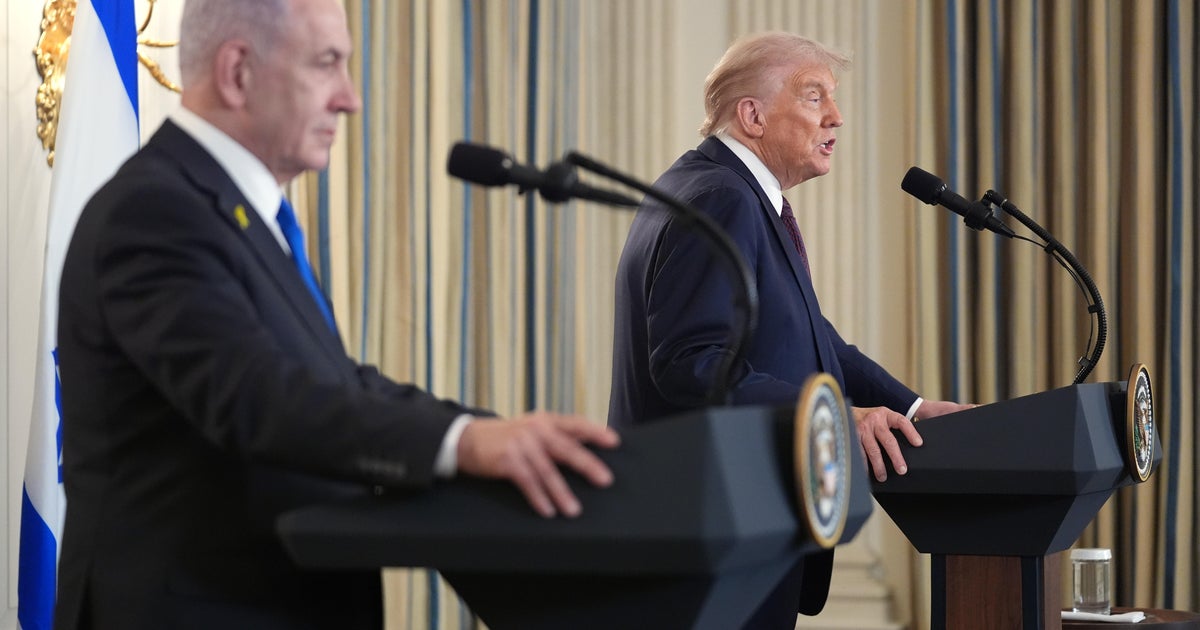Trump's Gaza Peace Plan: A Tentative Agreement and Uncertain Future
A new 20-point peace plan for Gaza, brokered by former U.S. President Donald Trump and tentatively agreed upon by Israeli Prime Minister Benjamin Netanyahu, is facing scrutiny and cautious optimism. The plan aims to end the ongoing conflict between Israel and Hamas, but its success hinges on Hamas's agreement and the implementation of several key conditions.
The Core of the Proposal
The proposed peace deal centers around a significant exchange: Hamas disarming and releasing all hostages within 72 hours in return for a ceasefire, the release of 2,000 Gazan prisoners and detainees by Israel, and an eventual Israeli withdrawal from Gaza. A key element involves the establishment of an international security force and a "Board of Peace" led by Trump and former British Prime Minister Tony Blair to oversee Gaza's administration and reconstruction.
According to an outline released by the White House, the plan calls for Hamas to relinquish power and release both living and deceased hostages. In exchange, Israeli forces would withdraw and release Palestinian prisoners. This proposal seeks to create a "deradicalized terror-free zone" in Gaza and promote redevelopment for its residents.
International Reactions and Involvement
Germany has expressed its readiness to assist in implementing the peace plan and rebuilding Gaza if an agreement is reached. German Foreign Minister Johann Wadephul is scheduled to travel to the Middle East for talks with Israeli officials. The Kremlin has also stated its support for Trump's plan, emphasizing the need for a peaceful resolution in the Middle East.
Several Arab countries, including Egypt, Jordan, Indonesia, Pakistan, Turkey, Qatar, Saudi Arabia, and the United Arab Emirates, have issued a joint statement applauding Trump's proposal. Ursula von der Leyen, the European Commission president, also welcomed the commitment to end the war in Gaza and encouraged all parties to seize this opportunity.
Hamas's Perspective and Challenges
Despite international support, Hamas's response remains uncertain. The group faces a difficult decision, as the proposal requires them to effectively surrender in exchange for potential, but not guaranteed, gains. A source close to Hamas told Reuters the plan was “completely biased to Israel” and imposed “impossible conditions” that aimed to eliminate the group. The group has begun consultations within its political and military leadership, both inside Palestine and abroad, to formulate a response, which may take several days due to communication complexities.
The proposal stipulates that Hamas would have no role in administering Gaza, and all its military infrastructure would be dismantled. Members who pledge to live peacefully would be granted amnesty, while others would be allowed to leave Gaza. However, Hamas has consistently rejected disarmament, asserting its right to resist until the Israeli occupation of Palestinian lands ends.
Key Provisions and Potential Obstacles
The 20-point plan includes several critical provisions:
- An immediate end to hostilities and a release of all hostages within 72 hours.
- The release of Palestinian prisoners by Israel in exchange for the hostages.
- The establishment of an international security force to maintain order in Gaza.
- A transitional government of Palestinian technocrats overseen by a "Board of Peace."
- A commitment to rebuild Gaza and improve living conditions for its residents.
- A vague promise of a pathway to Palestinian self-determination and statehood.
However, significant obstacles remain. Trust between Israel and Hamas is at an all-time low. The plan's vagueness in certain areas, particularly regarding the implementation strategy and the roles of the "International Stabilisation Force" and the "Board of Peace," raises concerns. Additionally, the hardline members of Netanyahu's cabinet could present significant resistance to the plan, as they seek the complete destruction of Hamas.
Netanyahu has also stated that the IDF “will remain in most of the territory” as part of the plan and that Israel did “absolutely not” agree to a Palestinian state. Israel's far-right finance minister, Bezalel Smotrich, blasted the plan as a “resounding diplomatic failure.”
| Key Player | Stance on the Peace Plan |
|---|---|
| Donald Trump | Brokered the plan, expresses optimism. |
| Benjamin Netanyahu | Tentatively agreed, faces internal opposition. |
| Hamas | Reviewing the proposal, concerned about the conditions. |
| Arab Countries | Appears to support the outline. |
| International Community | Largely supportive, offering assistance. |
Future Outlook
The success of Trump's Gaza peace plan is contingent on several factors, including Hamas's willingness to accept the terms, the ability of international actors to build trust between the warring parties, and the implementation of a clear and effective strategy for governing and rebuilding Gaza. Despite the challenges, the dire humanitarian situation in Gaza and the longing for peace may provide the necessary impetus for a breakthrough.
 Visit the website
Visit the website

